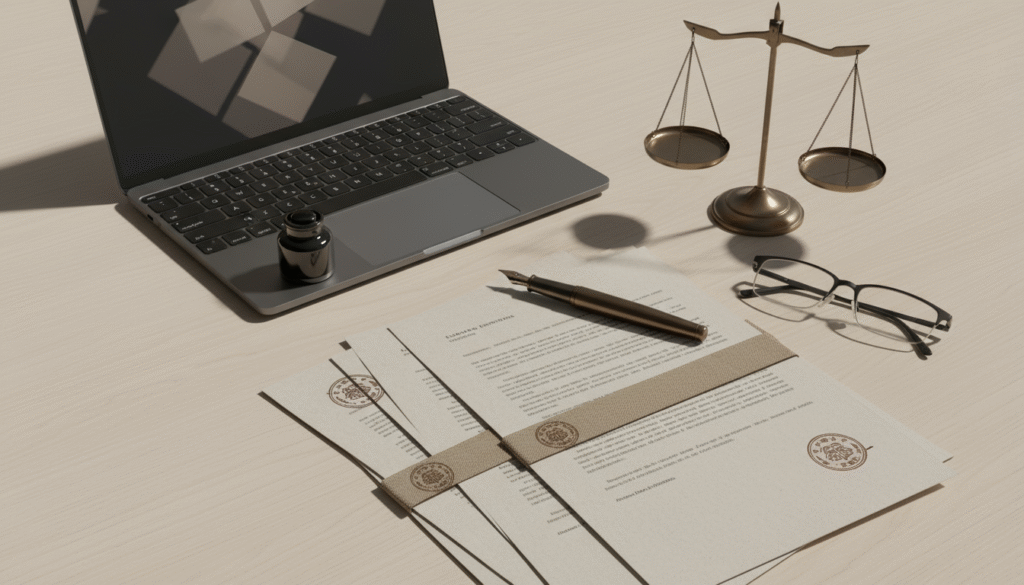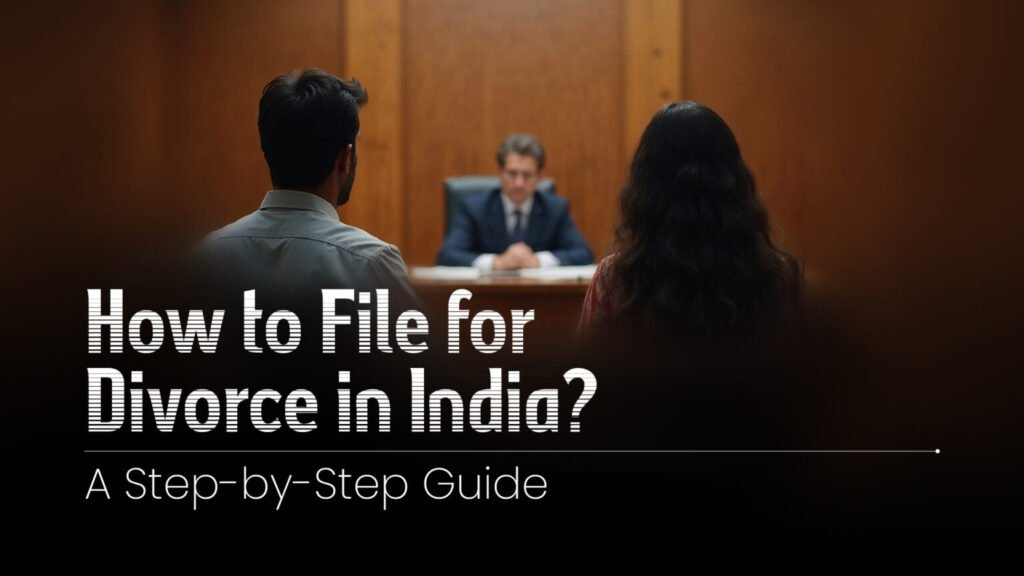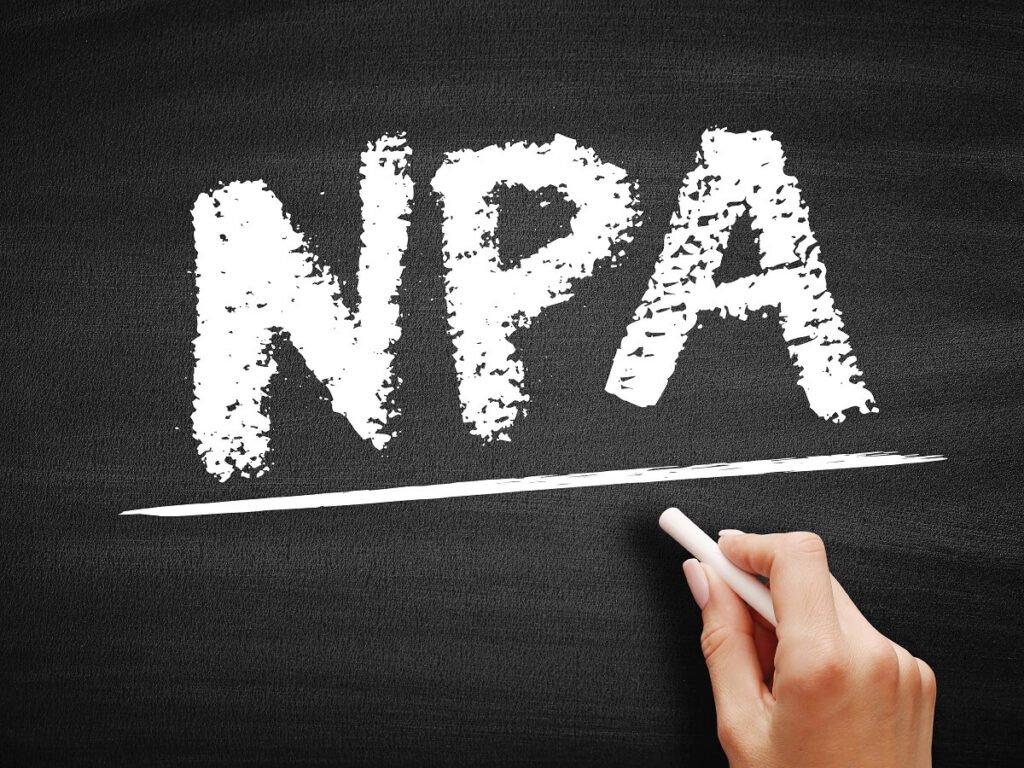The success of a startup lies in the vision and passion of its founders, who strive to craft distinctive solutions that offer real value and unmatched customer experience. But amidst the rush to build your product, brand, or team, it’s easy to overlook crucial legal requirements that form the backbone of a sustainable enterprise. Ignoring these essentials can lead to costly disputes, compliance penalties, or even the collapse of your venture before it truly begins.
From creating a founders’ agreement to protecting your brand and managing contracts, every entrepreneur should know the basic laws that apply to their business. Staying updated with legal rules helps avoid trouble and keeps the startup on the right track. Here are some key legal points every Indian startup should know before starting or turning an idea into a business.
- Choose the Right Business Structure
Your business structure determines your tax obligations, personal liability, and ability to raise capital. Common options include a sole proprietorship, partnership, limited liability company (LLC), or corporation. Consulting a business attorney can help you select the structure that best protects your interests.
- Protect Your Intellectual Property
Your brand name, logo, product design, or software are valuable assets. Registering trademarks, copyrights, or patents ensures that your ideas remain yours and prevents competitors from copying your work.
- Draft Solid Founders’ and Partnership Agreements
A handshake isn’t enough when building a company with others. Clearly define ownership percentages, decision-making authority, roles, and exit strategies in writing. Well-drafted agreements prevent misunderstandings and protect relationships as your business grows.
- Understand Your Compliance and Licensing Requirements
Depending on your industry and location, you may need licenses, permits, or regulatory approvals. Failing to comply with local, state, or federal regulations can lead to costly penalties or even business closure.
- Adhering to labour laws
Labour laws are important for every startup, big or small, and following them is mandatory. Once your company is set up and you start hiring employees, you must comply with various labour regulations, no matter the size of your business. The few labour laws applicable under this scheme are:
- The Industrial Disputes Act, 1947
- The Payment of Gratuity Act, 1972
- The Trade Unit Act, 1926
- The Employees’ State Insurance Act, 1948.
- The Contract Labour (Regulation and Abolition) Act, 1970
- The Industrial Employment (Standing Orders) Act, 1946
- The Employees’ Provident Funds and Miscellaneous Provisions Act, 1952
- Protect Yourself With Proper Contracts
From supplier agreements to client contracts, every deal should be put in writing. Clear, enforceable contracts reduce the risk of disputes and protect your rights in case something goes wrong.
- Understanding taxation and accounting laws
Taxes are an essential part of every startup. Entrepreneurs should understand the applicable tax laws before starting their business. Depending on the type and location of the business, central, state, and local taxes may apply. Since different sectors attract different taxes, knowing these in advance can help in better planning and compliance.
- Plan for Employment and Data Privacy Laws
If you’re hiring employees or contractors, you must follow employment laws, including wage, benefits, and anti-discrimination rules. Additionally, ensure you comply with data protection laws to safeguard customer information.
Saurav Goyal, a top corporate lawyer in Chandigarh, said that launching a startup without legal guidance is like sailing without a map. An experienced business attorney can help you anticipate challenges, avoid costly mistakes, and build a strong foundation for long-term success.
Tarlok Singh, the best corporate lawyer in Chandigarh, says that whether it is a startup company or a well-established firm, adhering to legal requirements is very important for everyone. Hiring a corporate law firm or a legal counsel to provide advice is one of the best ways to ensure that your startup business is always safe and does not face legal complications and consequences.


